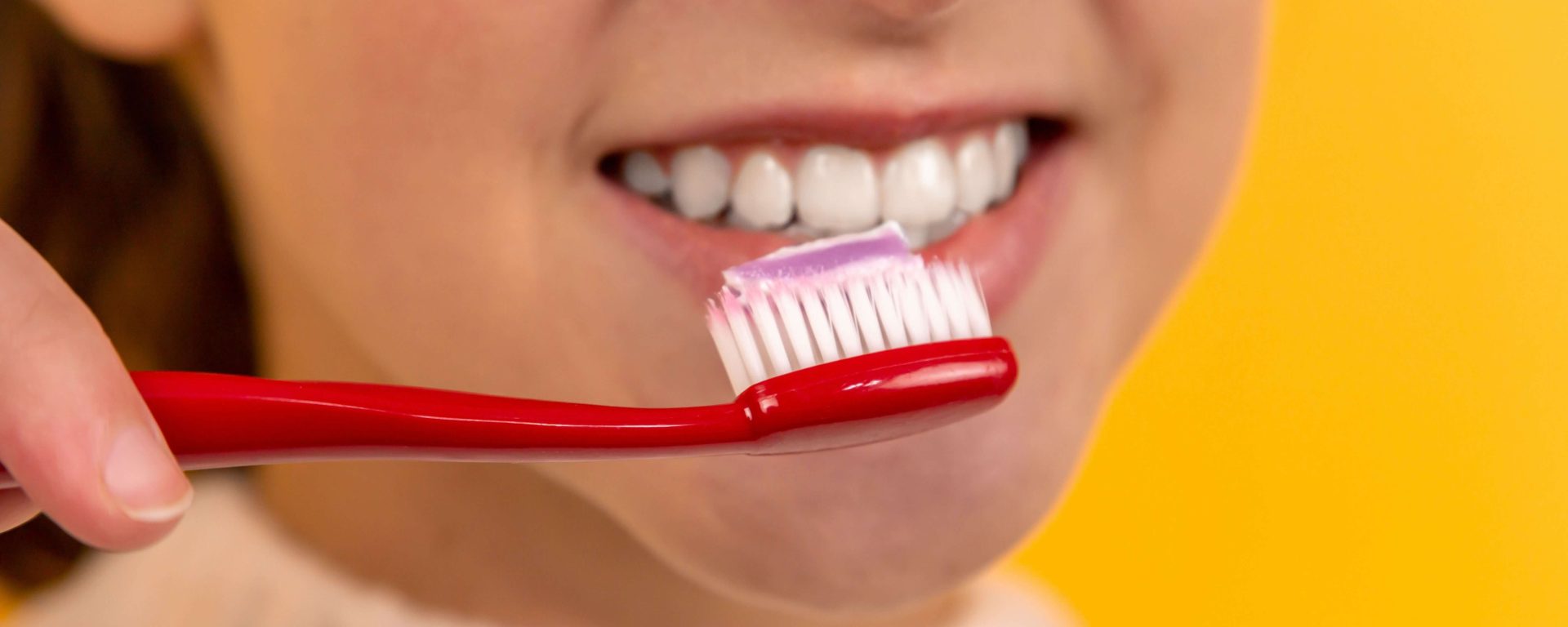The field of dental hygiene, the dental hygienists who work within it, and the connection between oral health and overall well-being are significant.
Oral conditions and diseases are associated with, and sometimes signs of, other more severe health problems. The Mayo Foundation for Medical Education and Research explained that because the mouth is the entry point to the digestive and respiratory tracts, some of the bacteria found in the mouth can cause disease.
Maintaining daily brushing and flossing habits is essential to control the growth of bacteria. However, neglecting oral hygiene or consuming excessive sugar can lead to severe oral infections, such as cavities, gum disease, and oral cancer.
And that is where dental hygienists come into play. Dental hygienists work hard to prevent and treat oral diseases in their patients. They clean teeth, scan for abnormalities, apply protections, and educate people about the importance of dental care.
Why Dental Hygiene is Essential to Overall Health
According to the Centers for Disease Control (CDC), underlying, untreated oral disease can lead to pain and infections that can cause problems with eating, employment potential, learning, speaking, smiling, showing emotion, self-esteem, school performance, and social interaction.
In a dental hygiene workforce summary, the National Institute of Health reported, “Oral health is much more than just healthy teeth; it also includes the health of many other anatomical structures such as the gums, bones, ligaments, muscles, glands, and nerves. In addition, oral health affects some of our most basic human functions, thereby shaping an individual’s self-image and sense of well-being.”
The CDC stated, “On average, $34 million in school hours are lost yearly because of emergency dental care, and over $45 billion in US productivity is lost each year due to untreated dental disease.”
Certainly not solely an issue in the United States, the World Health Organization further estimated in its 2022 Global Oral Health Status Report that oral diseases affect nearly 3.5 billion people worldwide, with 3 out of 4 people living in middle-income countries.
What Exactly Do Dental Hygienists Do?
Dental hygienists are licensed dental professionals who partner with dentists to prevent and treat oral diseases and provide complete oral healthcare to patients.
Daily responsibilities for dental hygienists include:
- Applying preventative materials such as fluorides or sealants
- Assessing patients
- Counseling patients on nutrition
- Making impressions of teeth
- Removing plaque from surfaces of teeth
- Reviewing dental charts and health history
- Taking a develop dental x-rays, and
- Teaching patients oral hygiene strategies
Dental hygienists must pass clinical and written board exams and have a minimum of an associate degree in dental hygiene from an accredited institution to practice in the field.
Ready to earn your associate degree in Dental Hygiene? Check out our Dental Hygiene Get Started Guide to learn more about financial aid, admissions requirements, and more!
Dental Hygiene Programs: Enabling Education and Experience
A postsecondary dental hygiene program educates future dental hygienists while empowering learners with the practical experience they need to enter the profession.
A dental hygiene curriculum may include a blend of theory and hands-on courses in radiology, nutrition, principles of dental hygiene, pharmacology, community and public health dentistry, and more. At Goodwin University, students can practice essential everyday skills in the institution’s state-of-the-art dental hygiene facility.
Academic program outcomes for dental hygiene graduates include providing comprehensive, holistic dental care across the lifespan — including assessment, dental technology, diagnosis, planning, implementation, education, and evaluation.
After completing a dental hygiene program, dental hygienists can deliver culturally competent patient service — inclusive and insightful professional healthcare to a diverse range of people, including historically underrepresented populations. Dental hygiene graduates will also be able to demonstrate dental hygiene care for all age groups and those with cognitive, medical, physical, psychological, and social needs.
Today, dental hygiene programs, like the associate degree offered at Goodwin University, make education more accessible than ever. With convenient courses, day, evening, hybrid, and on-campus classes enable learners to work in the field in as few as 24 months. After graduation and licensure, dental hygiene professionals are ready to assist their communities with dental education, clinical screenings, and therapeutic services.
Dental Hygiene: An Impactful Career in Healthcare
Dental hygiene is a rewarding career where professionals provide high-quality services and get to see their patients smile. Dental hygienists help others in need, prevent health diseases, and assist in maintaining a person’s overall well-being.
The incentives in the dental hygiene industry also impact dental hygiene professional’s higher earning potential. As of May 2022, the U.S. Bureau of Labor Statistics (BLS) affirmed that the average annual wage for dental hygienists working in Connecticut was $92,180.
A fulfilling and in-demand future career, The BLS asserted that employment of dental hygienists is projected to grow nine percent from 2021 to 2031, with 16,300 openings estimated annually over the decade.
Are you ready to be the reason your patients smile?
Learn more about earning an associate degree in Dental Hygiene today!
Goodwin University is a nonprofit institution of higher education and is accredited by the New England Commission of Higher Education (NECHE), formerly known as the New England Association of Schools and Colleges (NEASC). Goodwin University was founded in 1999, with the goal of serving a diverse student population with career-focused degree programs that lead to strong employment outcomes.

